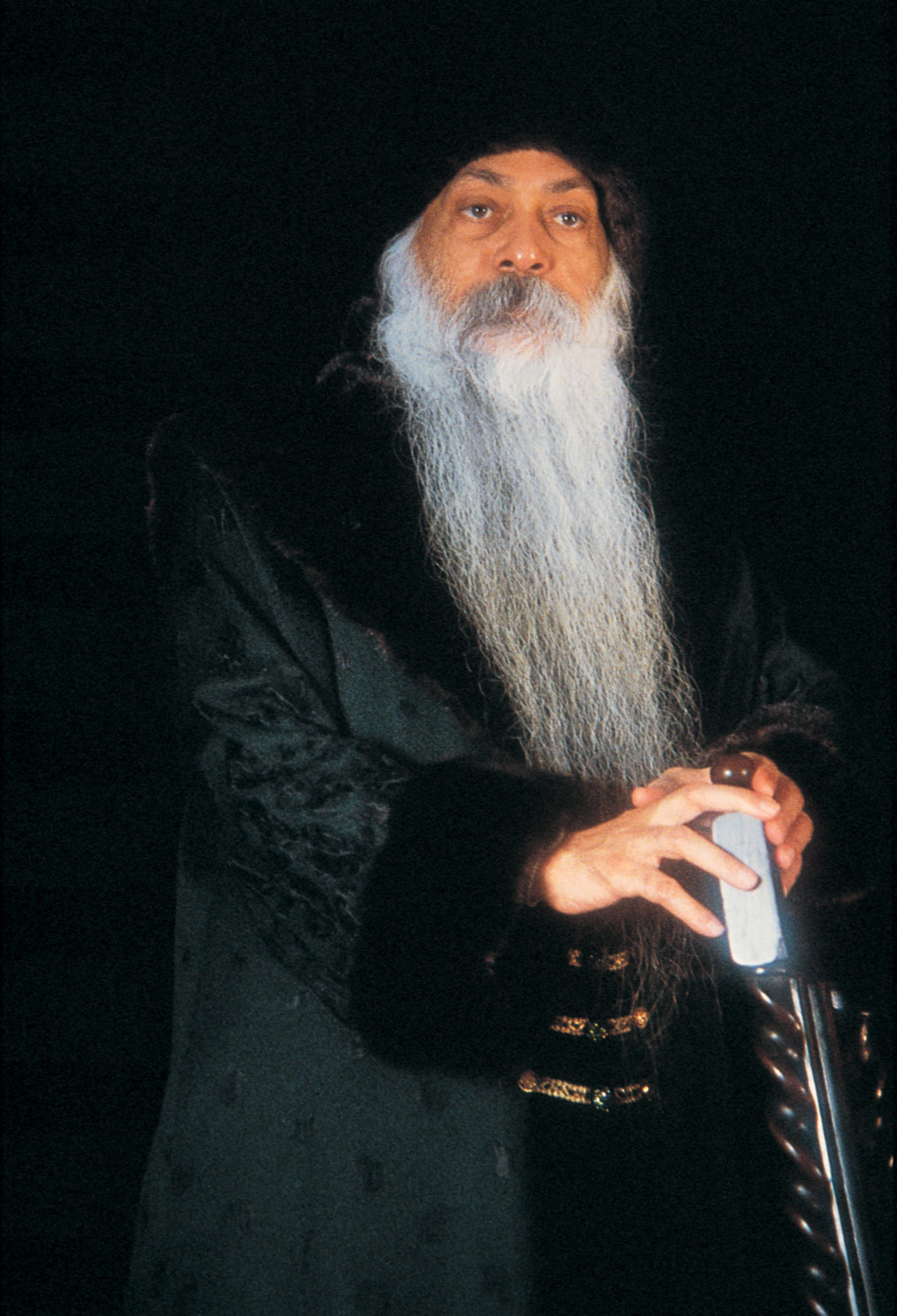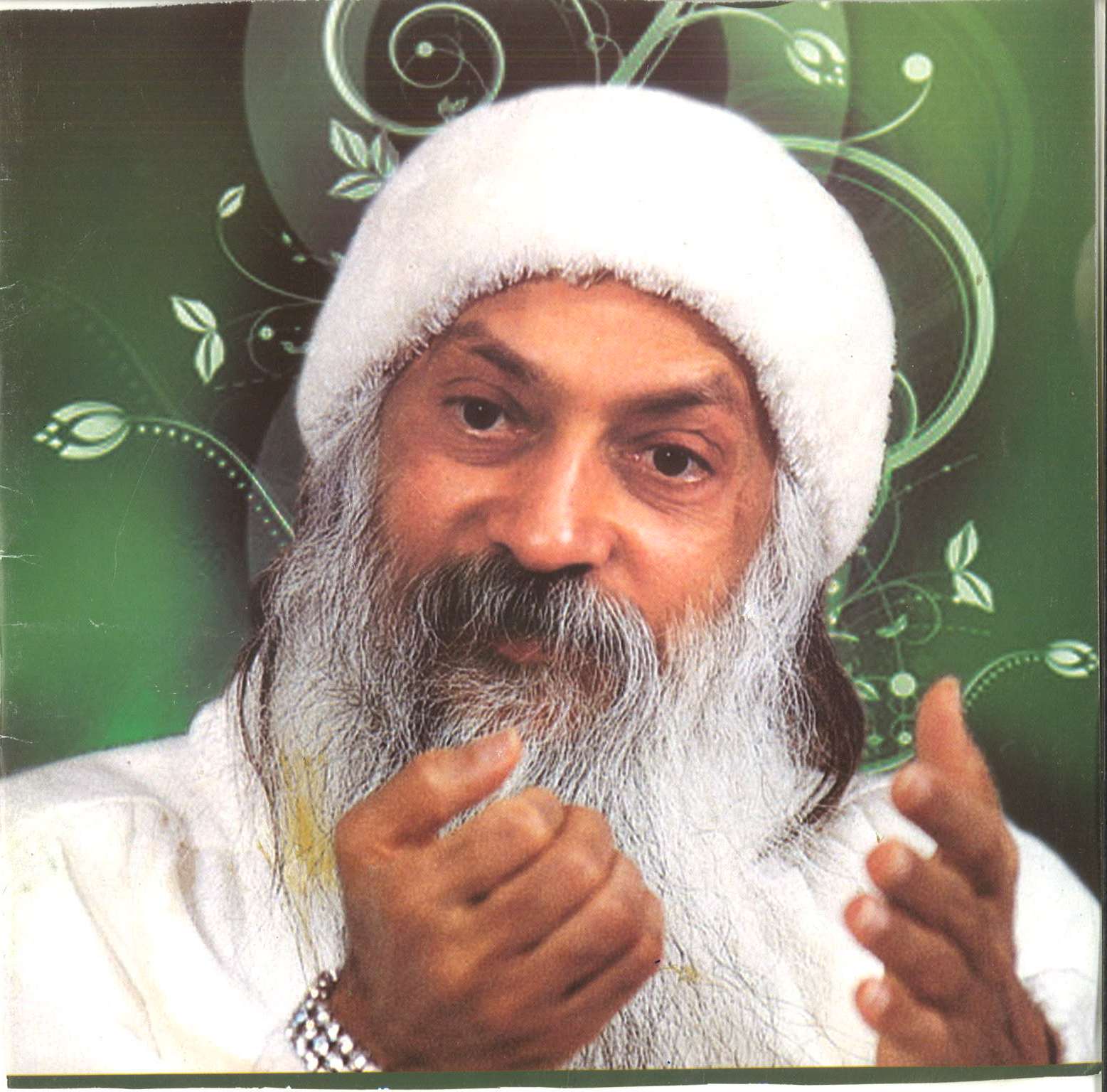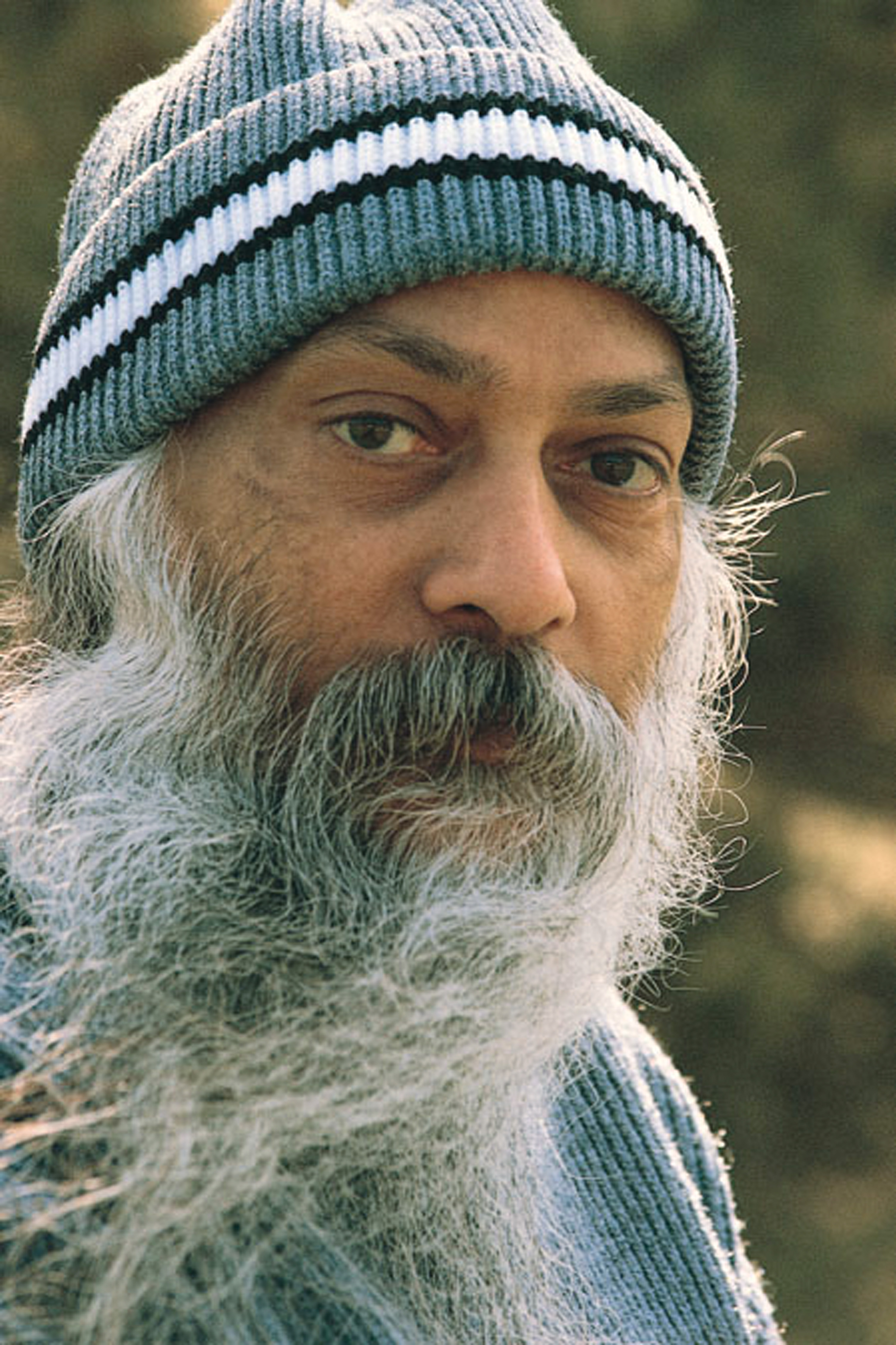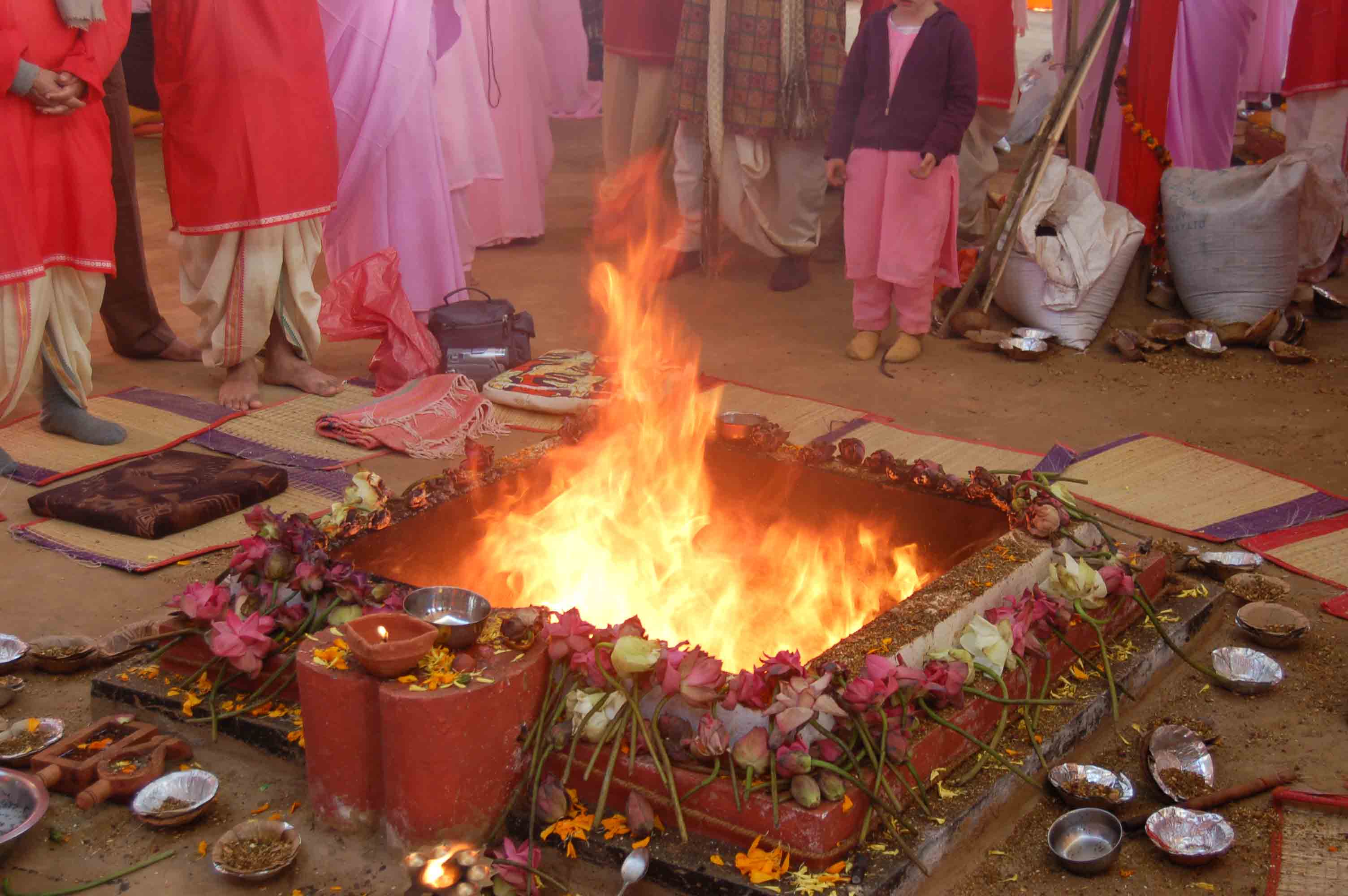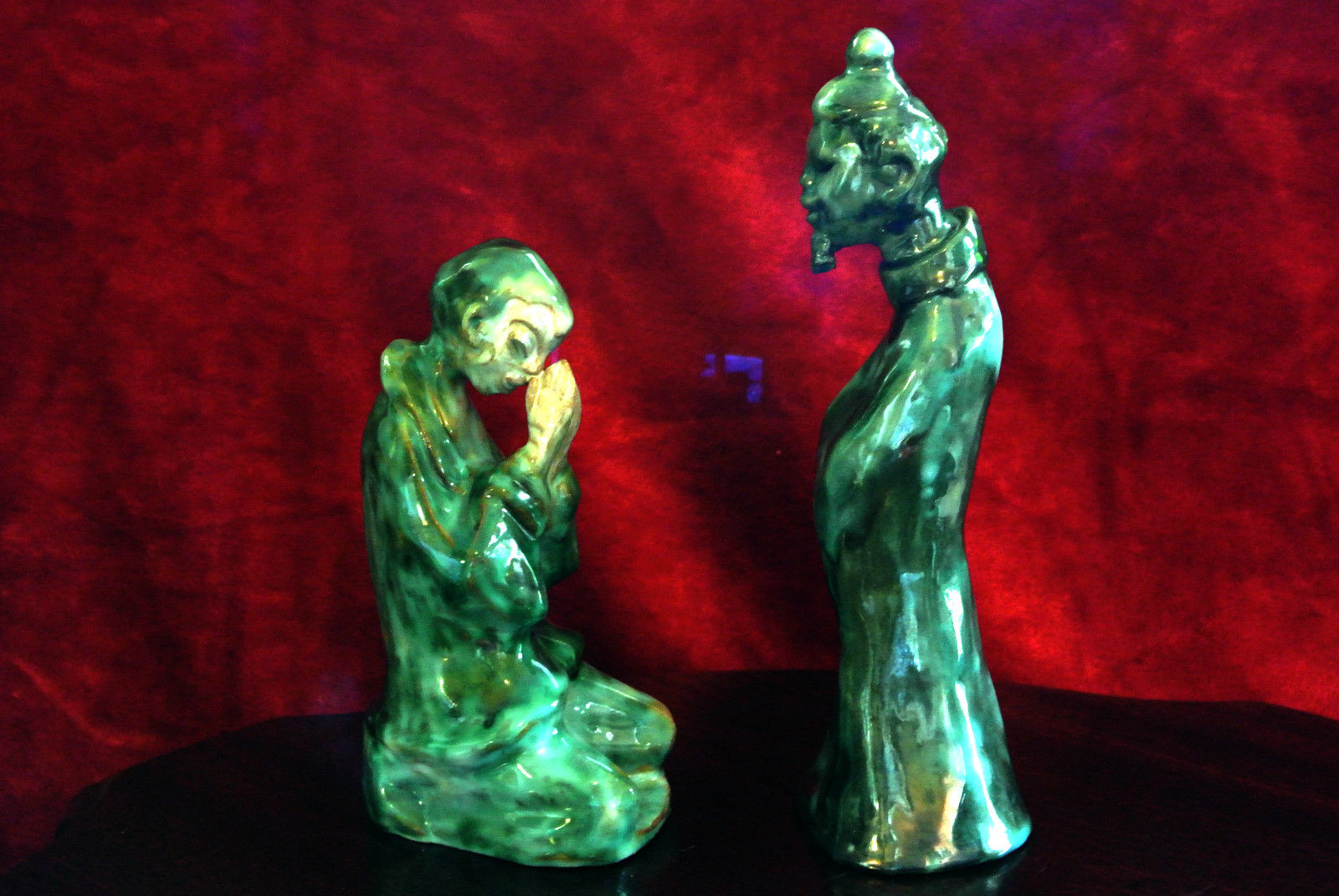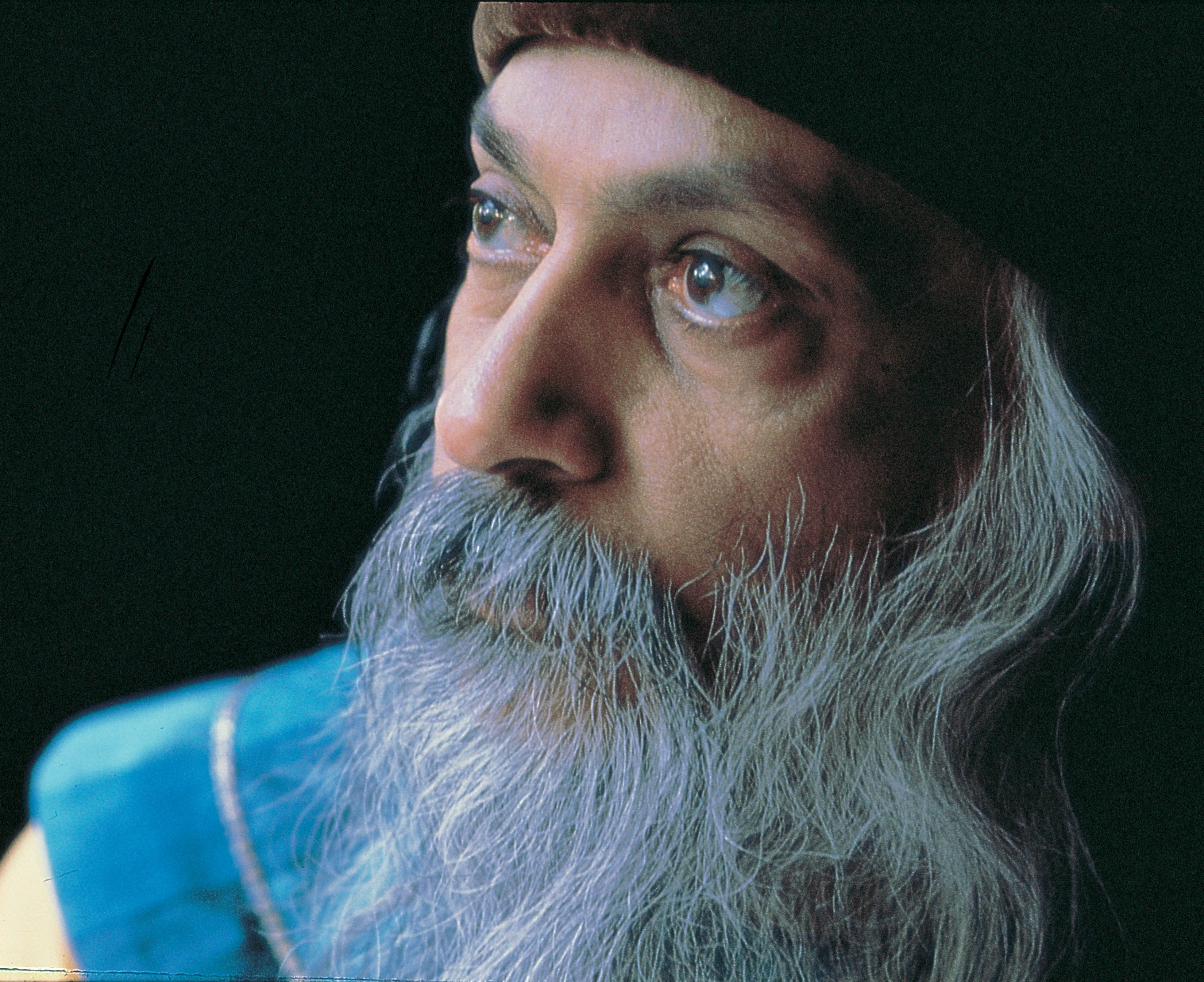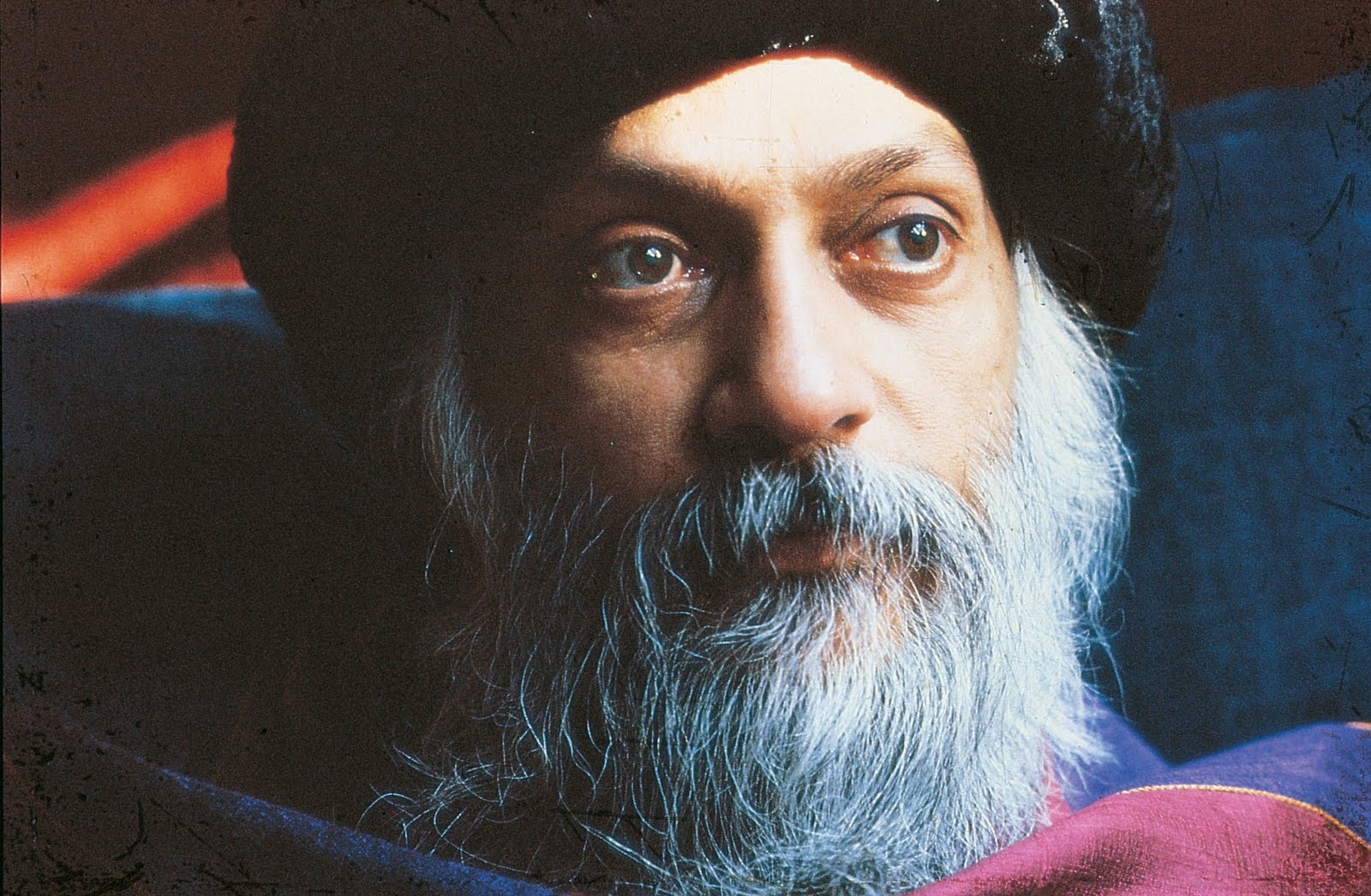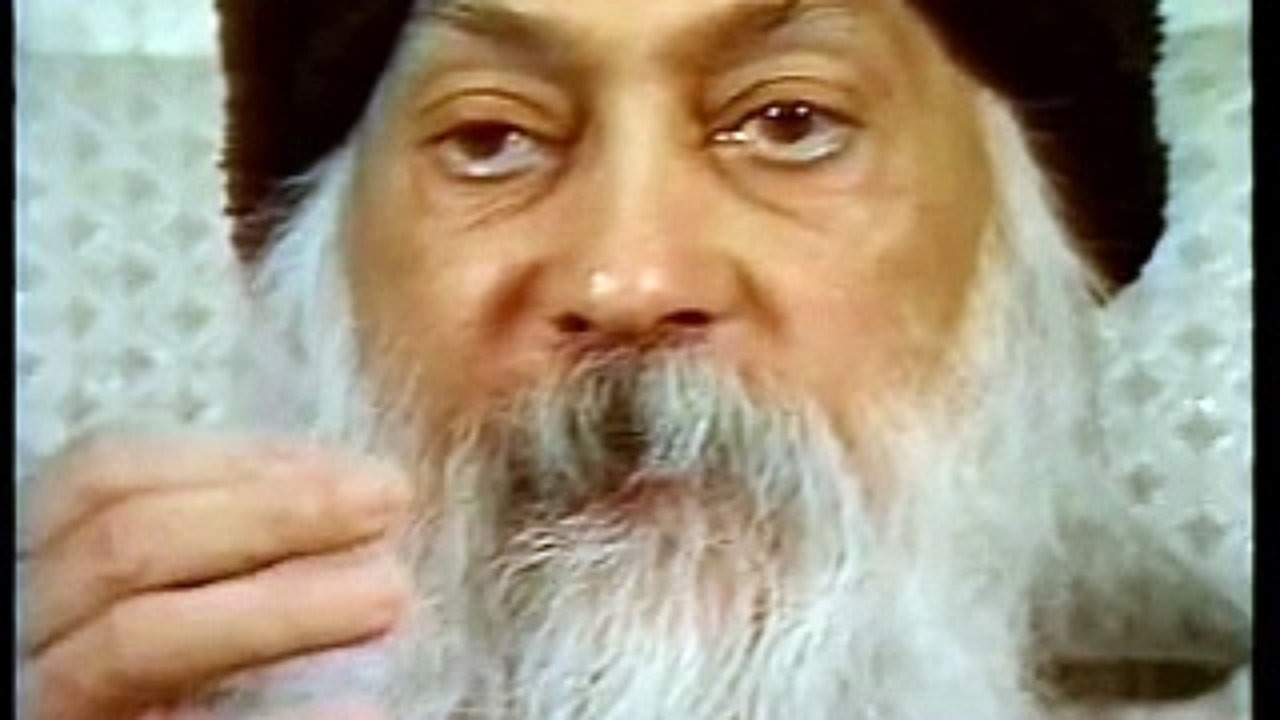This is the miracle that happens every time to those who really love: the more they give, the more they possess. – Rainer Maria Rilke
What Have You Got For Me?
One of the greatest Indian poets, Rabindranath Tagore, has written a small poem: WHAT HAVE YOU GOT FOR ME? The poem consists of a small story:
Once while I was begging from door to door, I suddenly saw a gleaming chariot pull up to me and stop. When I beheld its lordly driver step down and smile at me with searching eyes, I immediately envisioned the unsolicited charity that would surely be mine.
A beggar is relating this story. A beggar has come out of his house, and suddenly he sees a golden chariot stop and the King of kings gets out of the chariot. The beggar must have been thrilled by the very possibility that he could get something today.
But to my everlasting chagrin, this King of kings suddenly thrust out his hand and asked, “What have you got for me?” Oh, Lord, torn with perplexity and indecision, I offered you a mere grain of wheat and on my carpet that very night I found a grain of gold. How sorry I was that I had not given you everything I had!
The beggar is, of course, accustomed to receiving, not accustomed to giving. He has never given anything. He has always been begging and begging. So suddenly the King of kings spreads his hands and says, “What have you got for me?” He was perplexed, bewildered, confused. He must have hesitated. He must have searched his bag. He could have given more, but he could not gather courage. He gave only one grain of wheat – just because he could not say no. How to say no to the King of the kings? And by the time he must have become conscious the chariot was gone, and there were only dust clouds on the road. And still, the whole day he must have worried about that one grain of wheat less in his bag today. He must have thought again and again; it must have been like a wound. And in the night when he comes back home and drops on the floor all that he has begged in the whole day, he finds a grain of gold. Then he understands. Then he cries and weep, but now it is too late – where can you find the King of kings again? Where? Now he wants to give everything that he has, now he has found the illogical logic of it: that which you give becomes golden, and that which you go on hoarding becomes dirt. If you hoard gold it becomes dust; if you give dust, dust becomes gold – that is the message of this beautiful anecdote. And I absolutely agree with it.
It is not just a parable: it is a true secret of life – give and you will get millionfold; share and in the very sharing you will become richer. Go on hoarding and you will become poorer and poorer. You cannot find a poorer man than a miser. He may have much, but he has nothing – because you can have only that which you have given. It is a paradox only in appearance.
Let me repeat it: You possess only that which you have given; you never possess that which you have hoarded – you become a master of something which you share. Share! unconditionally – because everything is going to be taken from you anyway; death is going to take everything from you.
And death will not beg – it simply snatches away, it robs. It doesn’t ask your permission; it doesn’t knock on your door and say, “Can I come in, sir.” No. It simply comes. By the time you are aware, you are gone. By the time you can do something, everything has been taken away. Death is going to take everything.
Before death knocks on your door, share – whatsoever you have. You can sing a beautiful song? – sing it, share it. You can paint a picture? – paint, share it. You can dance? – go and dance, share it. Whatsoever you have – and I have never come across a man who has not much to share. If you want to share, you have too much to share. If you don’t want to share, you may have enough, more than enough, but you are poor, you don’t have anything.
Tags: Beggar Grain Of GoldWhy be possessive? The possessiveness shows simply one thing – that you cannot trust existence. Non-possessiveness is basically trust in existence. There is no need to possess, because the whole is already ours. – Osho


